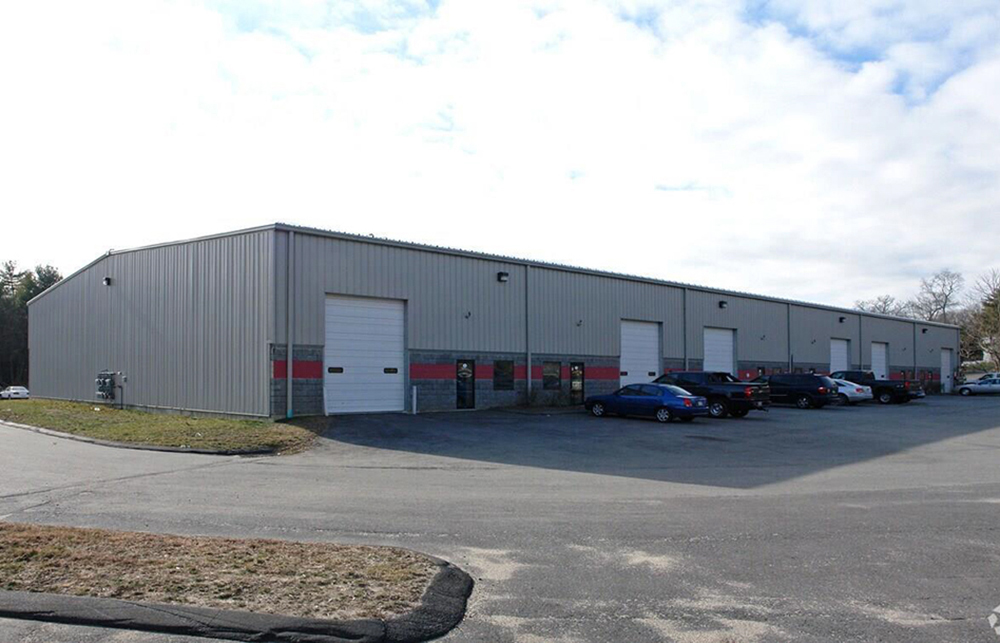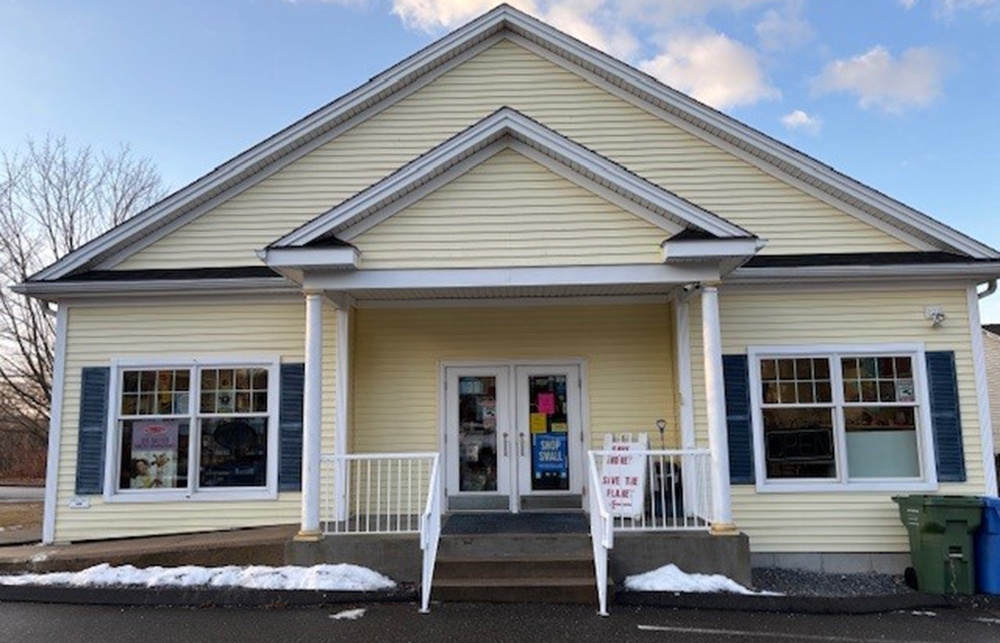ICSC New England Featured Exhibitors - Cuhaci & Peterson
Retail Transformation: How Technology Influences Design
During Cuhaci & Peterson’s 40 year history, we have expanded our service offerings from purely architecture to a full menu of A/E/P services, as we strive to deliver relevant solutions to our clients amidst a transforming retail landscape. As the industry continues to integrate technology, retailers must not only consider what consumers demand, but how their brand can embrace these innovations authentically. We are working with an extensive group of tech partners to expand our capabilities and understanding of how design will integrate this technological evolution into the store of the future, as well as, how it we can share this knowledge with our clients in the most beneficial ways.
How will technology change store design?
The current transformation that retail is experiencing, both in customer expectation and retailer offering, will undoubtedly influence the future of store design. Experiential retail is what consumers crave and technological advances are enabling retailers to provide it. Yet, it seems each retailer is solving this tech equation in their own way. Some are adding microfulfillment capabilities to improve efficiencies; others are shrinking their prototypical footprint in order to expand upon drive-up and delivery capabilities, or even taking out checkout lanes all together in favor of frictionless options. The blurring of lines between the various store platforms will require organizations to leverage a diverse ecosystem of resources.
How are retail developments adapting to the current retail transformation?
Specific retailer needs are just one part of this evolution. Developers also have a role to play. Multiple developer clients of the firm are working closely with our design and permitting teams to layout experiential components within their developments, like green space and entertainment venues.
Arguably, retail as we know it is going through a metamorphosis that will shape retail design for years to come. It’s an exciting time, and we are pleased to have the opportunity to work with our retailer and developer clients on a nationwide scale.
RapDev leases 17,587 s/f at 501 Boylston St. - lease brokered by JLL


End of the year retail thoughts - by Carol Todreas

Retail / tariffs / uncertainty and (still) opportunity - Carol Todreas
As new tariffs continue to impact the global economy, retail businesses and investors are grappling with heightened uncertainty. From new high tariffs to supply chain issues to evolving consumer behaviors, continual changes are making it as or more challenging than the pandemic years. Yet, amidst this turbulence,

Placemaking and retail in 2024 - by Carol Todreas
Placemaking. That is the word for 2024. While the concept has historical precedence in urban development, it became part of our current culture in the 1960’s when urbanists started to think about cities for people, not just cars.

Newbury Street: Boston’s timeless retail gem thrives in a modern era - by Joseph Aquino
Boston’s iconic Newbury St. continues to thrive as one of the most vibrant and compelling retail corridors in the United States. Nestled in the heart of the Back Bay, this historic St. has evolved into a powerhouse of high-St. retail, where luxury meets lifestyle and legacy brands coexist with up-and-coming names. With its European charm, diverse architecture, and unmatched foot traffic, Newbury St. remains a dynamic reflection of Boston’s energy, culture, and economic strength.









.png)
